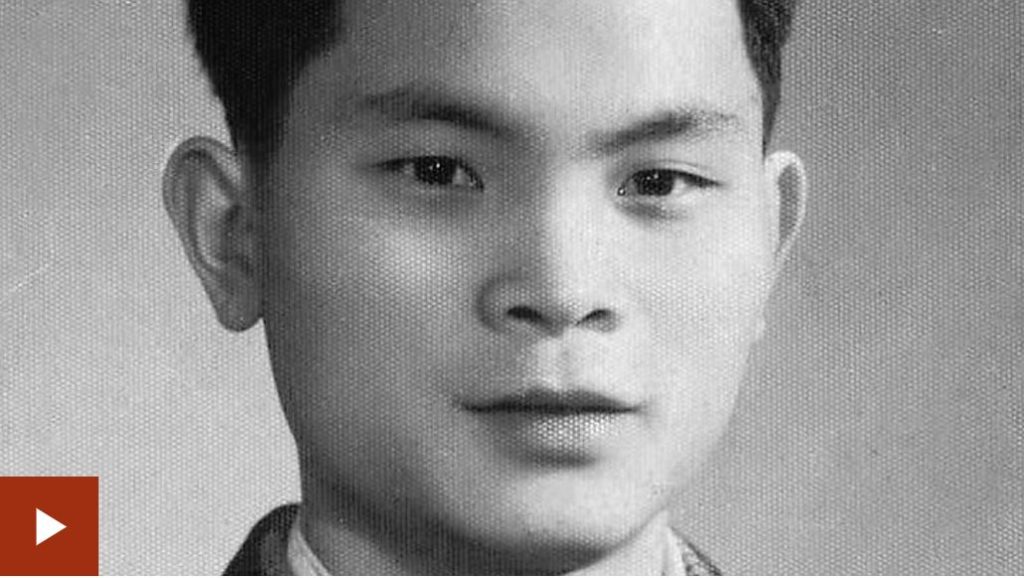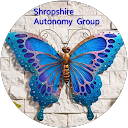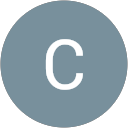Chinese medicine articles
In Western medicine, infertility is defined as the inability to conceive a child after a year or more of regular, unprotected intercourse. It is a complex issue that can have a wide range of causes, including but not limited to hormonal imbalances, structural or anatomical issues, ovulatory dysfunction, sperm quality, and age-related factors.
When addressing infertility, Western medicine employs a variety of diagnostic tools and treatment modalities aimed at identifying and addressing specific factors contributing to a person’s difficulty in conceiving.
The diagnostic process typically involves a comprehensive medical history review, physical examinations, and a series of tests to assess hormone levels, ovulation, semen analysis, tubal patency, and uterine health, among other factors. Additionally, advanced medical imaging techniques, such as hysterosalpingography, ultrasound, and laparoscopy, may be utilised to evaluate the reproductive organs and identify any structural abnormalities.
Once the underlying causes of infertility are identified, a range of treatment options may be recommended.
Key points:
Infertility can be a complex issue influenced by various biological, environmental, and lifestyle factors.
- Traditional Chinese Medicine (TCM) Approach:
TCM offers a holistic approach to infertility, acupuncture, herbal medicine, diet adjustments, and mind-body practices to address imbalances and support reproductive health. - Personalised Treatment:
In TCM personalised treatment plans are developed based on individual circumstances and underlying causes of infertility. - Lifestyle Modifications:
Both TCM and Western medicine emphase the importance of lifestyle modifications, such as weight management, smoking cessation, and stress reduction, to optimise fertility outcomes.
How does acupuncture help infertility:
Acupuncture is a key component of Traditional Chinese Medicine (TCM) and is often utilised as a complementary therapy in addressing infertility. Here are some key ways in which acupuncture can help with infertility:
- Stress Reduction:
Acupuncture has been shown to help reduce stress and anxiety, which can have a significant impact on hormonal balance and reproductive function. By promoting relaxation and reducing stress, acupuncture may help create a more favourable environment for conception. - Hormonal Balance:
Acupuncture is believed to influence the release of certain hormones involved in the menstrual cycle and reproductive processes. This can help regulate hormone levels, potentially addressing imbalances that may contribute to infertility. - Blood Flow to the Reproductive Organs:
Acupuncture is thought to improve blood circulation, including to the uterus and ovaries. Enhanced blood flow to the reproductive organs may support the development of healthy follicles and a thick, well-nourished uterine lining, which are important for conception and implantation. - Ovulation Regulation:
Acupuncture may help regulate ovulation by influencing the release of hormones involved in the ovulatory process. This can be beneficial for women with irregular menstrual cycles or ovulatory dysfunction. - Support for Assisted Reproductive Technologies (ART):
Many individuals undergoing fertility treatments such as in vitro fertilisation (IVF) or intrauterine insemination (IUI) choose to include acupuncture as a complementary therapy. Some research suggests that acupuncture may support ART outcomes by optimising the body’s response to the procedures. - Immune System Modulation:
Acupuncture is believed to have immunomodulatory effects, which may be beneficial for individuals with immune-related fertility challenges, such as certain autoimmune conditions that can affect fertility. - Emotional Support:
Acupuncture sessions can provide a supportive and calming environment, offering emotional support for individuals and couples navigating the challenges of infertility.
TCM treatments and recommendations are highly individualised and based on a holistic assessment of an individual’s constitution, lifestyle, and specific imbalances. Consulting with a qualified TCM practitioner is essential for receiving personalised guidance and treatment tailored to one’s unique needs.
Thank you for my Acupuncture sessions! ‘It helped my fertility & gave me a Baby Girl! Thank you again! xx Lots of love, H*
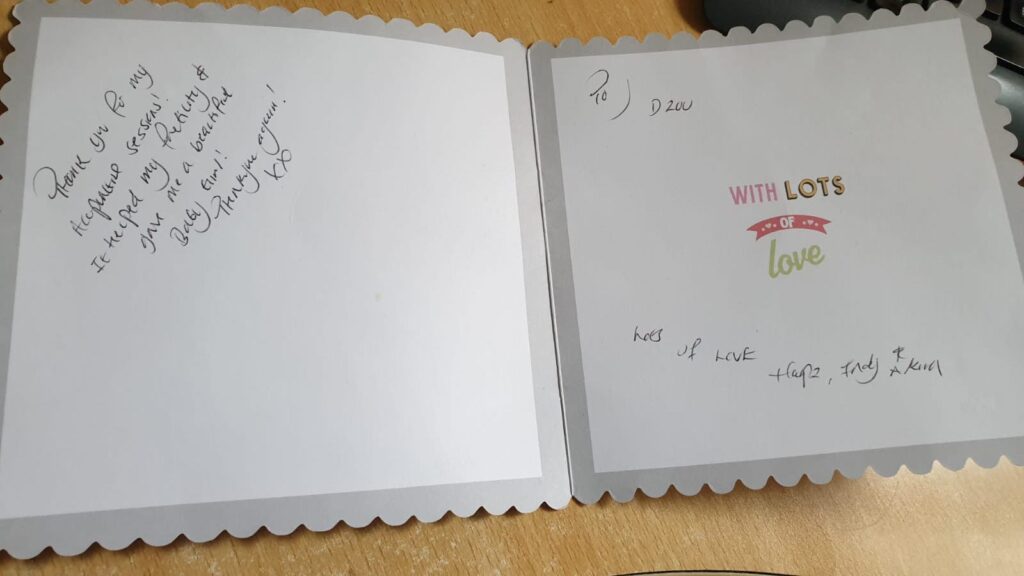
General information about IbS
Irritable bowel syndrome (IBS) is a common disorder that affects your large intestine. IBS affects between 10% to 15% of adults in uk and is more commonly diagnosed in women than men, often beginning in early adulthood. The severity of symptoms can vary widely from person to person, with some experiencing mild discomfort and others having symptoms that significantly impact their quality of life. IBS is a chronic condition, but many people are able to manage their symptoms through lifestyle and dietary changes, stress management, and, There are no specific tests to confirm IBS, so doctors typically diagnose the condition after ruling out other potential causes of the symptoms through a physical exam, medical history, and possibly some diagnostic tests such as blood tests, stool tests, and imaging studies.
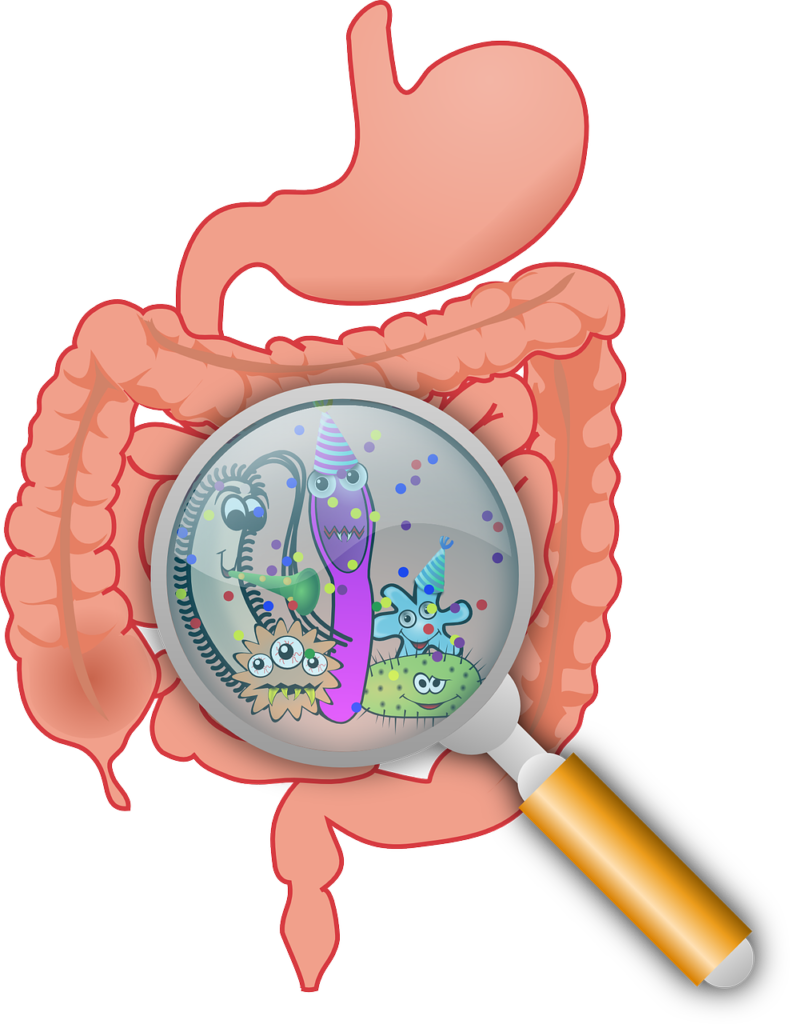
Knee pain can be a debilitating issue that affects people of all ages and lifestyles. Whether it’s due to an injury, overuse, arthritis, or other underlying conditions, managing knee pain is crucial for maintaining mobility and quality of life. Here are some tips and insights to consider when dealing with knee pain:
Read more »Thank you for all your help brining Seb into the world. We truly believe it would not have been possible without acupuncture.
We can’t thank you enough.
Love from P** & S**

What is facial acupuncture?
Facial acupuncture rejuvenation is a non surgical method of reducing the signs of the ageing process. Acupuncture techniques as well as a variety of Chinese medical treatment including Chinese herbal supplements are used to erase years off of your face.
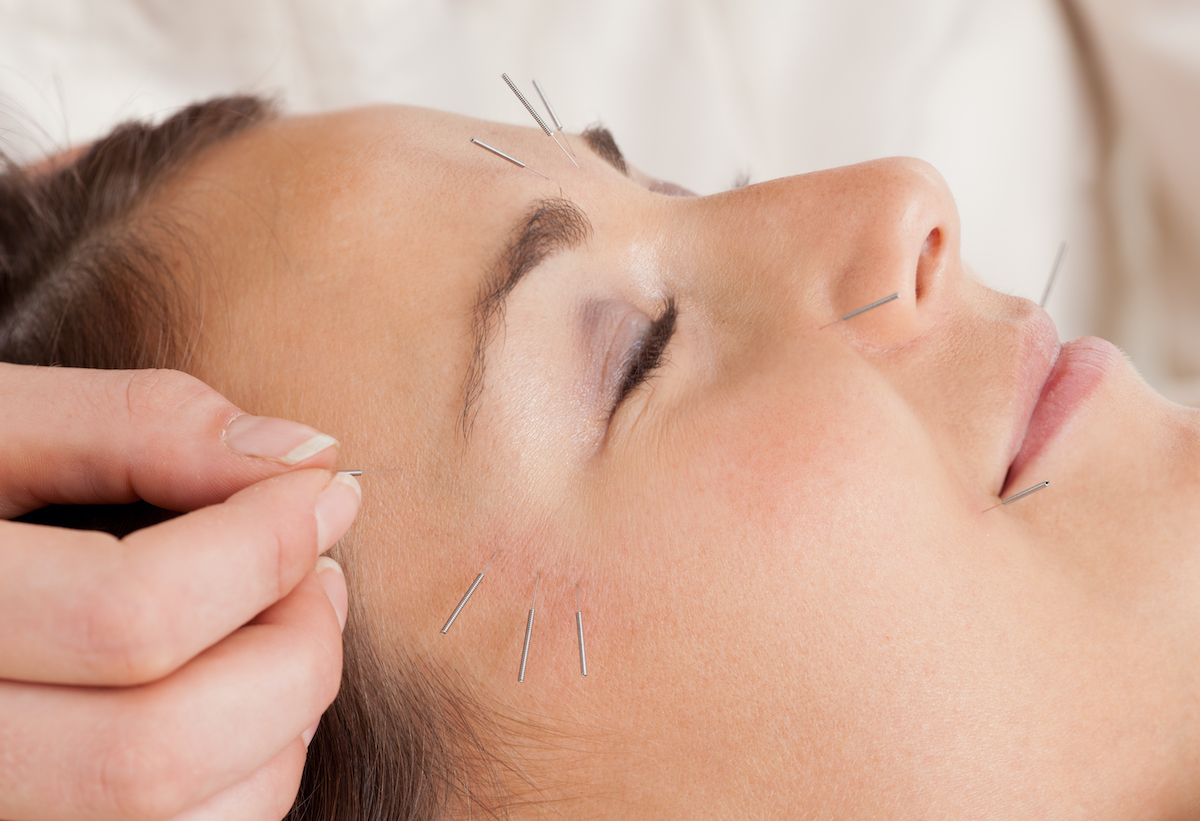
by D. Zou
Anxiety is what we feel when we are worried, tense or afraid – particularly about things that are about to happen, or which we think could happen in the future. According to the anxiety organisation that anxiety disorder is the most common mental health disorder in the UK. Anxiety affects approximately 6.6% of the population in England each week.
Read more »How Chinese traditional medicine helped beat malaria
Chinese scientists used ancient traditional medicine to find a cure for malaria in the 1970s.
Artemisinin was discovered by exploring the medicinal properties of a herbal remedy from the 4th century.
It can cure most forms of malaria with very few side effects and has saved millions of lives all over the world.
Professor Lang Linfu was one of the scientists involved in its discovery.
Search the site
Review
Popular Pages
What Our Patients Say
- ~ Gwen Box – Feb 2012
"I first consulted Daian after a knee injury which conventional medical care had failed to improve. After acupuncture treatments, the knee steadily got better and has now healed completely. Since than, I hace continued with regular acupuncture treatments in order to maintain good health and physical well-being. I can thoroughly recommend Daian's practice and therapies."
- Read more testimonials »

 September 4, 2025 in
September 4, 2025 in 